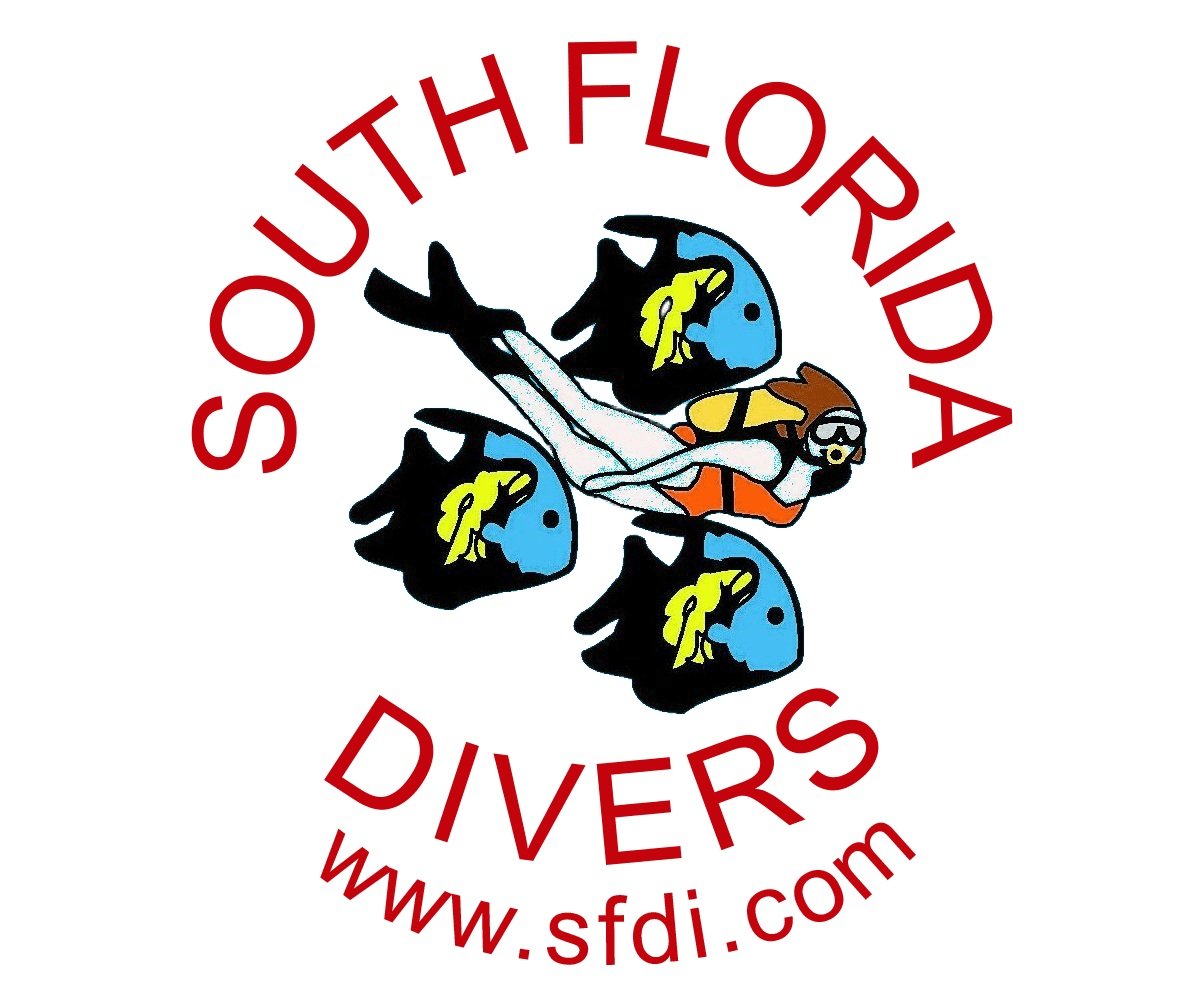Charter dive boat captains and divemasters are reporting increased occurrences of diver assists and rescues on their trips. The increased issues include problems with equalizing, crashing into the reef due to improper buoyancy, buddy separation, and running out of air. The vast majority of these incidents do not happen because divers have been out of the water too long. Instead, these occurrences are most often related to poor training.
Please join SFDI this coming Wednesday, September 1st, as we welcome dive industry educator Tec Clark, who will speak about the decline in training standards and the increase in standards violations by diving professionals. Tec will help us identify dive centers that offer good, solid training, as opposed to abbreviated training. He will tell us what to look for in a dive instructor, either for beginners, or seasoned divers who want to continue their dive education. He will also advise us how to prepare for new members joining SFDI who have had inadequate, abbreviated dive training.
See you there, and please note that Tec’s presentation will be IN PERSON, and not on Zoom.
About Tec Clark
Tec Clark is a dive industry expert who has held very elite positions in the industry including Managing Director of the University of Florida’s Academic Diving Program and National Director of the YMCA Scuba Program. He holds over 40 professional certifications with over 15 diving agencies. Tec has been a police officer, dive rescue team member, and forensic dive accident investigator. He has appeared as a diving expert on A&E, The Learning Channel, and the Outdoor Life Network. Tec was Captain of the US Freediving Team, and is the founder of Reef Ministries. He curates ScubaGuru.com and ScubaGuru Academy, and is the host of two podcasts: The League of Extraordinary Divers and The Dive Locker. Tec is also the Associate Director for Aquatics and Scuba Diving at Nova Southeastern University.










